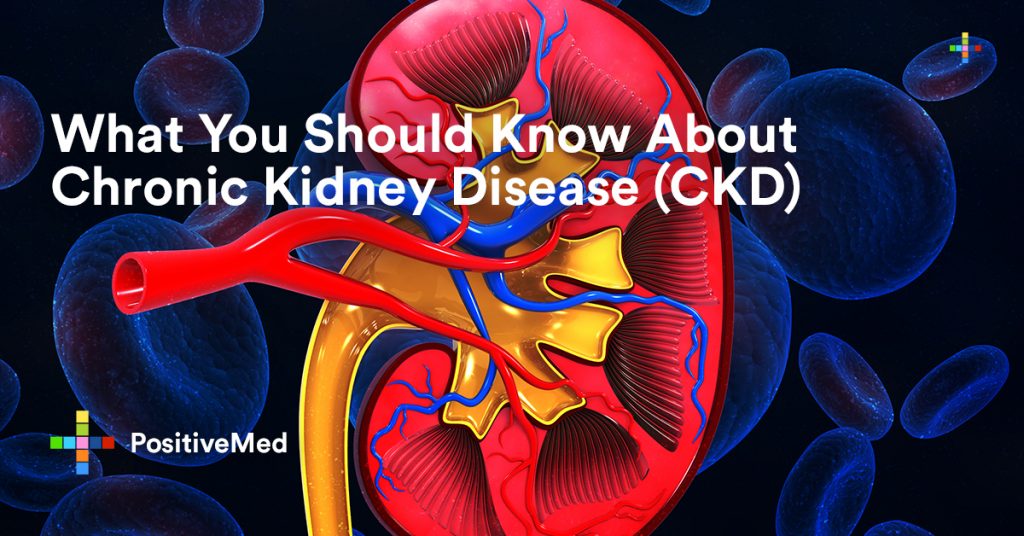It is important to visit your doctor or a clinic to check whether you are at an increased risk of chronic kidney disease. Some of the risk factors for this condition include:
1. High blood pressure
2. Diabetes
3. Family history of kidney disease
4. Older age

Asians, African Americans, Hispanic Americans, American Indians, and Pacific Islanders are also susceptible to chronic kidney disease.
Why at a Higher Risk?
Diabetes is the major cause of chronic kidney disease. It is common in African Americans and other ethnic groups mentioned above. As the second leading cause of chronic kidney disease, high blood pressure is common in African-Americans than in other ethnic communities. Medical experts deem that these groups may have an inherited trend to develop these illnesses. Along with being overweight, this tendency may lead to chronic kidney disease. Exercising regularly and maintaining a healthy weight can lower the chances of developing the condition in these groups.
What You Should Do
Make an appointment with your doctor or clinic for a test. The procedure should include:
• Checking whether you have high blood pressure.
• A simple test for protein in the urine. Protein plays an important role as the building block in the body. When in a healthy state, the kidney reabsorbs protein back into the body. If your kidneys are damaged, protein leaks to the urine. To check protein in your urine, doctors use different tests. Patients with chronic kidney disease are diagnosed with two or more positive tests over several weeks.
• Blood test to check for creatinine, a waste product produced from your muscle activity. Creatinine is normally removed from your circulatory system by the kidney. If your kidneys are damaged, levels of blood creatinine increase.
• There is a community-based health program known as Kidney Early Evaluation Program (KEEP). It is offered for free by the National Kidney Foundation. The program includes tests to detect chronic kidney disease at an earlier stage.
Related link: 4 Ways To Prevent Kidney Cancer
Symptoms of Chronic Kidney Disease
You may not experience severe symptoms until your kidney disease becomes worse. Symptoms may include:
• Lack of energy
• Feeling more tired than usual
• Sleeping problems
• Trouble in clear thinking
• Swollen ankles and feet
• Muscle cramping while asleep
• Itchy and dry skin
• Frequent urination, particularly at night
• Loss of appetite
• Puffiness around the eyes, more often in the morning
Diagnosis of Chronic Kidney Disease
If your tests turn out to be positive, your doctor will check your kidney function to take you through treatment. Your doctor may have to perform the following:
• Find out your Glomerular Filtration Rate (GFR): This is the most effective way to check your kidney function. You may not require another test if you already know your GFR. The doctor can calculate it from your blood creatinine, race, age, gender,
• CT-scan or Ultrasound scan: These are usually performed to give a picture of your kidneys as well as your urinary tract. Your doctor can find out if your kidneys are larger or smaller. S/he may check other symptoms like kidney stones or tumor based on the structure of your kidneys and urinary tract.
• Kidney Biopsy: This is usually done in certain cases to find out the exact type of kidney disease. It assesses the extent of kidney damage to help in the treatment plan. To perform a biopsy, the doctor removes small pieces of kidney tissue and examines them under a microscope.
You may be referred to a kidney specialist who will guide you through your treatment plan.
Prevention of Chronic Kidney Diseases
It may be possible to prevent chronic kidney disease. Early detection and treatment can prevent the proliferation of kidney disease. How effective your treatment can achieve this relies on:
• Stage of chronic kidney disease when you start the treatment. If treatment starts at an earlier stage, your recovery chances are higher.
• How carefully you stick to your treatment plan. Get familiar with information regarding chronic kidney disease and treatment. You should strictly follow your treatment without failing.
• The cause behind your kidney disease. There are certain types of kidney disease which are quite challenging to manage.
Chronic Kidney Disease Treatment
The treatment aims at slowing or controlling the cause of your kidney disease. Options may vary depending on the cause. However, kidney disease can continue worsening even after the underlying cause has been put under control. Treatment options include:
• High blood pressure medications
• Medications to lower cholesterol levels
• Medications to cure anemia
• Medications to ease swelling
• Lower protein diet to reduce waste products in your diet
• Dialysis
• Kidney transplant






